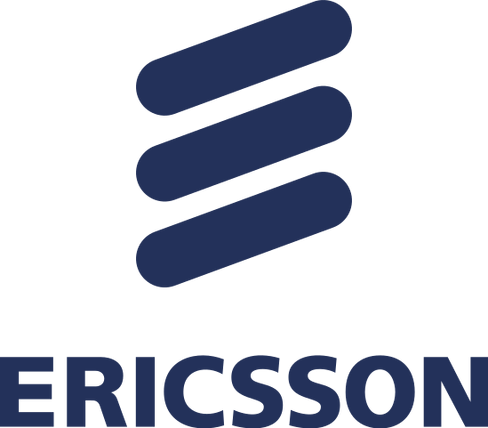Roberto Aloi
Software Engineer, Erlang Passionate, Father
University of Kent/Erlang Solutions

Roberto Aloi joined the Erlang world in 2007, when he took part to the international competition of robotics "Eurobot" together with other colleagues at the University of Catania. In 2008 he obtained his Masters' Degree in Computer Engineering and he then moved to London, where he started working as a technical consultant and a trainer for Erlang Solutions. He's best known in the Erlang community to be the author of tryerlang.org, a web application which allows you to experience the power of Erlang in the browser. Lately he has been working on an Erlang e-learning platform as part of a "KTP" (Knowledge Transfer Partnership) scheme, a UK-government funded project conducted in conjunction with University of Kent and aimed at bringing the face-to-fact training offering of Erlang Solutions to the online world.
Twitter: @robertoaloi
Twitter: @robertoaloi

Roberto Aloi is Giving the Following Talks
Erlang e-learning: automatic assessment of Erlang code
The recent growth of the Erlang language and community convinced Erlang Solutions to scale its training offering by developing an Erlang e-learning platform. This has been done in collaboration with the University of Kent though a Knowledge Transfer Partnership, a UK government funded project.
The key challenge was to develop a system that delivered at a distance the same high-quality interactive experience that is delivered face-to-face. In this talk we present an innovative, modular tool, which is part of the e-learning platform. We use this tool to automatically assess Erlang programming exercises, providing syntactic, logical, architectural and stylistic feedback to the students. We present the tool from the teacher, student and developer's perspectives. We explain how existing tools such as the discrepancy analyzer Dialyzer and the refactorer Wrangler can easily be converted into e-learning plugins. We also show a Visualization plugin, which provides a graphical representation of the student's code by mean of the Erlang tracing functionalities. We conclude by discussing some further development for the platform.
The key challenge was to develop a system that delivered at a distance the same high-quality interactive experience that is delivered face-to-face. In this talk we present an innovative, modular tool, which is part of the e-learning platform. We use this tool to automatically assess Erlang programming exercises, providing syntactic, logical, architectural and stylistic feedback to the students. We present the tool from the teacher, student and developer's perspectives. We explain how existing tools such as the discrepancy analyzer Dialyzer and the refactorer Wrangler can easily be converted into e-learning plugins. We also show a Visualization plugin, which provides a graphical representation of the student's code by mean of the Erlang tracing functionalities. We conclude by discussing some further development for the platform.


